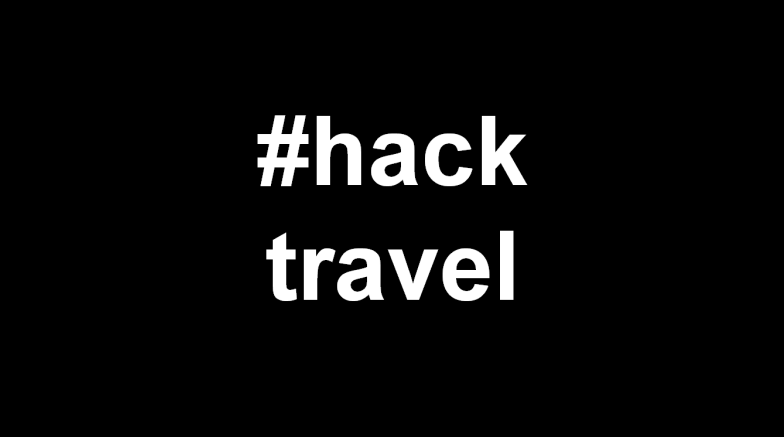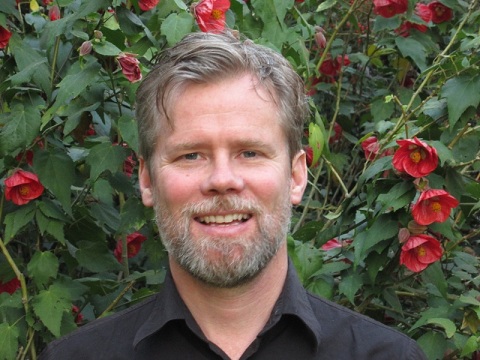Ever wondered about the future of travel? I was challenged to speak about it at travel industry conference in Italy. What did I know about tourism? It turns out more than I thought, that is if the way my Silicon Valley friends travel today are any indication of things to come.
On December 3rd, I gave the below keynote at the Buy Tourism Online conference in Florence, Italy about the sharing economy and travel.
The gist of the talk is that the rise of net culture, with it's emphasis on collaboration, peer relationships, and social good, is changing the habits of the next generation of travellers. A large and growing cohort, mostly from developed countries, don't want pre-packaged, mass-produced travel experiences. In fact, that's the opposite of what they want. It's counter to their value system. They want to hack travel, i.e. make their own travel experiences. Better yet if the hacking is done with locals and creates lasting benefits for travelers (like new skills) and their destination communities.
Aside from the digital professionals present, the audience was mainly Italian and European boutique hoteliers. I think they have a much better chance of adapting to this new reality than chain hotels. I shared a few ideas with them like turning hotel business centers into coworking spaces, teaching skills that are regional specialties (beer making, glass blowing, fashion design), and connecting travelers to the local community through local causes. In general, the idea is to view a hotel as a community center that links travelers directly with locals for learning, community contribution, and cultural exchange.
I gave a bunch of examples where aspects of this new travel paradigm are unfolding like Destination Coworking, The Digital Detox, Seats2Meet, and The Embassy Network. On the latter, I explained how The Embassy Network, as a collection of social innovation communes (i.e. coliving spaces), blurs the lines between travel and everyday life by making a network of houses available to residents allowing them to live like a local in a variety of destinations. In other words, networks collapse the difference between home and destination, everyday life and holiday. Admittedly, The Embassy Network is similar to time-share condominimums, but with one big difference — you get access not only to many places, but many communities where learning, social innovation, and self-development are priorities. This is particularly appealing to young adults who want this lifestyle, but often can't afford housing, travel, and learning as separate offerings.
I closed with the idea that travel may be returning to its historical roots in The Grand Tour and pilgrimages, where learning and spiritual renewal are the focus, and that this offers the travel entrepreneurs a chance to do well by doing good.
On a personal note, and thanks to the warmth and generosity of BTO's founder, Giancarlo Carniani, I had a wonderful time in Florence while moving Shareable forward. He made a big donation to Shareable, I got to stay in his lovely hotel a couple extra days, and through the conference I met Alessia Clusini, Michela Mazzotti, and Georgette (of Girl in Florence fame) who I shared delicious meals and amazing conversations with. Thank you my new Italian friends. You helped me #hacktravel. Florence was wonderful, but you are treasures.









